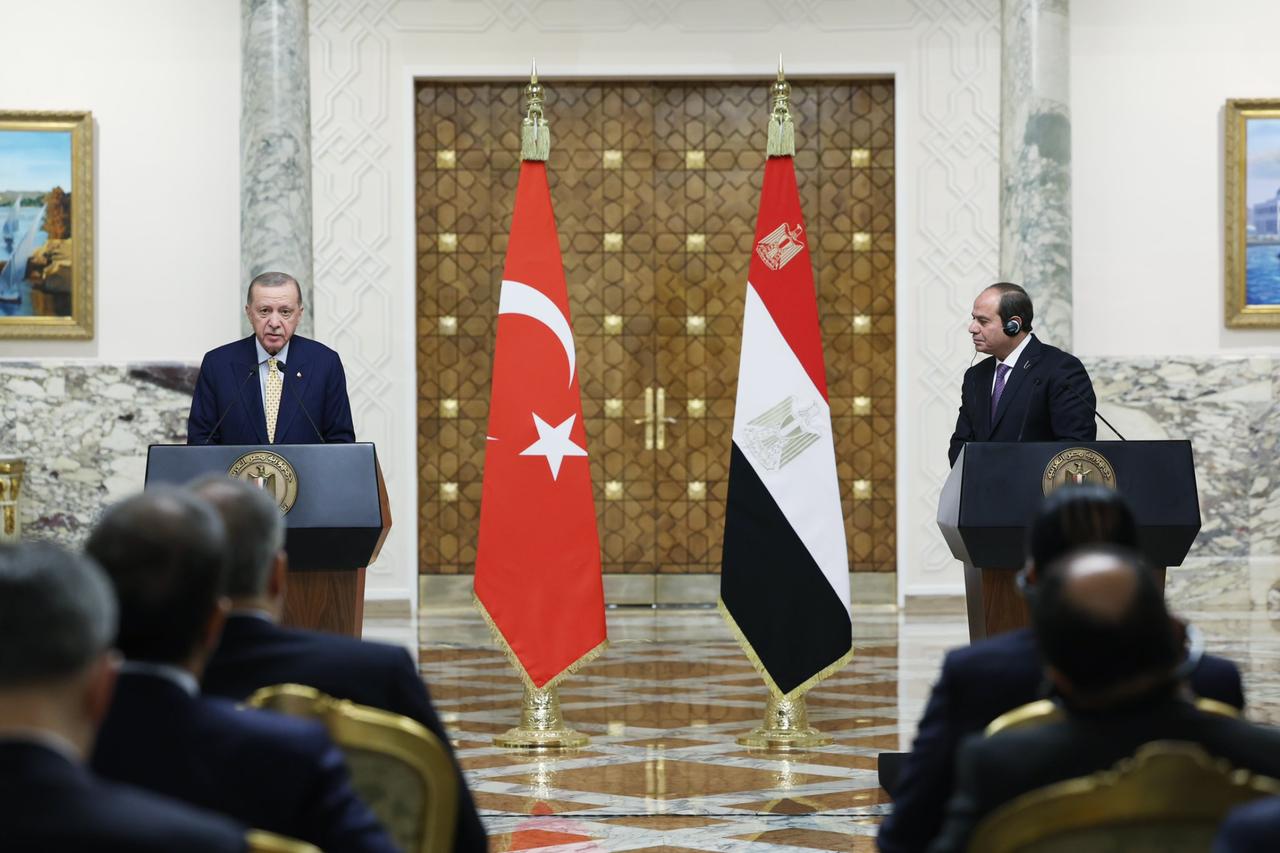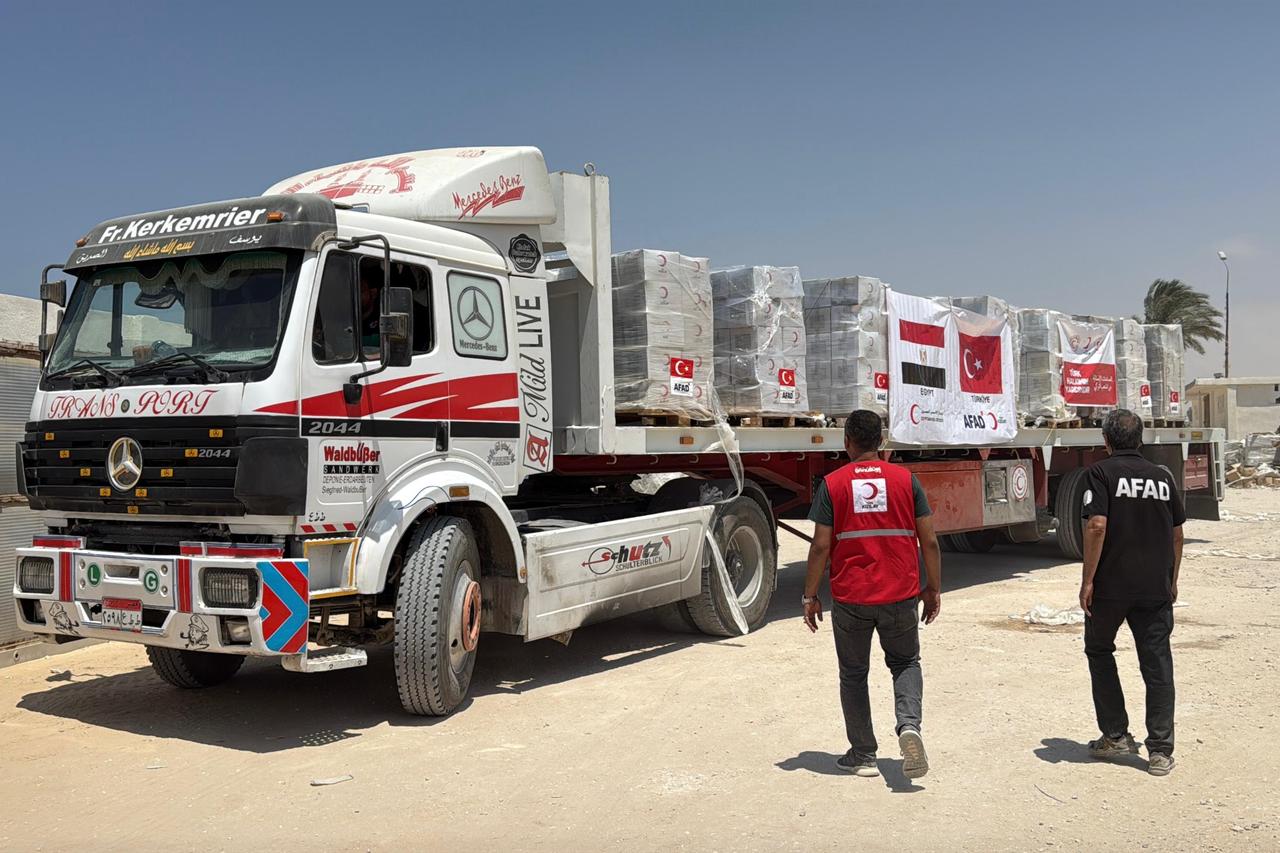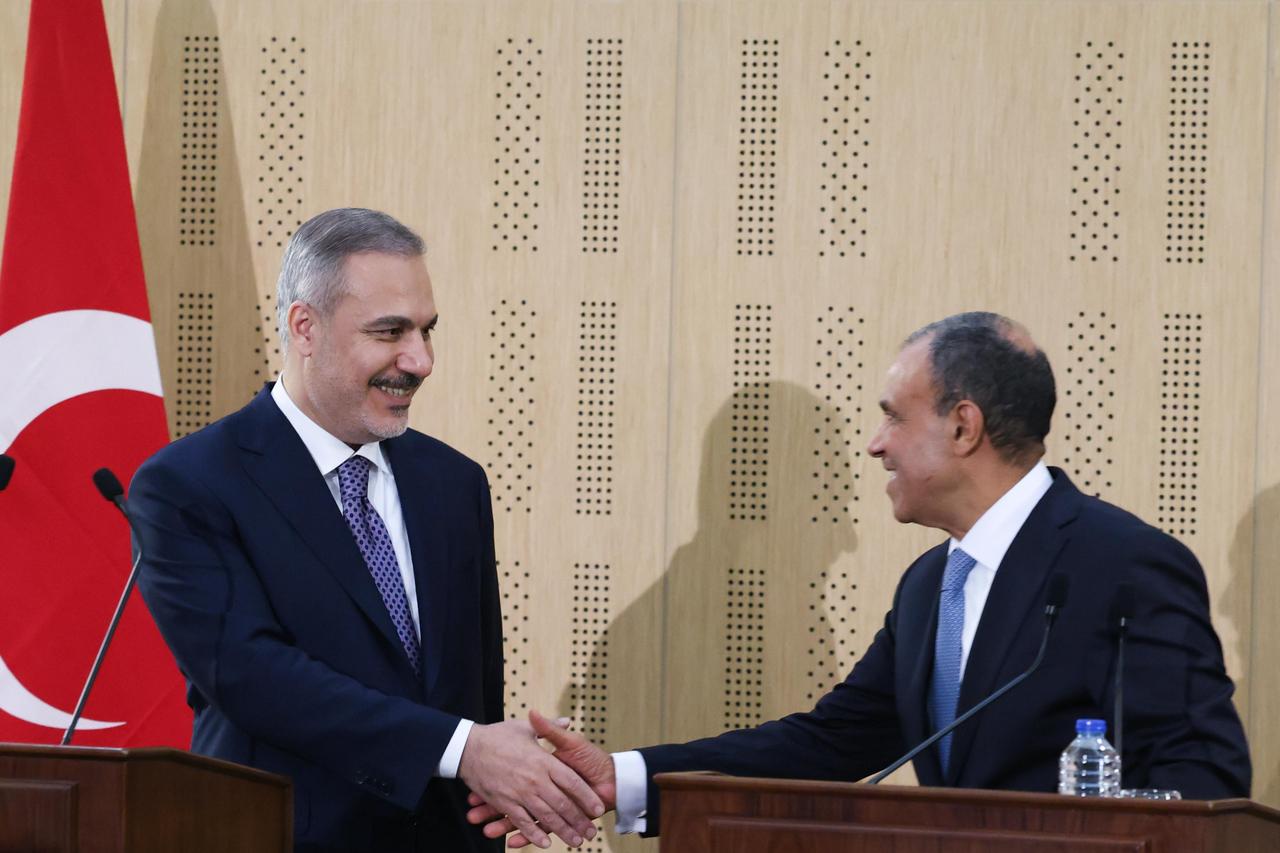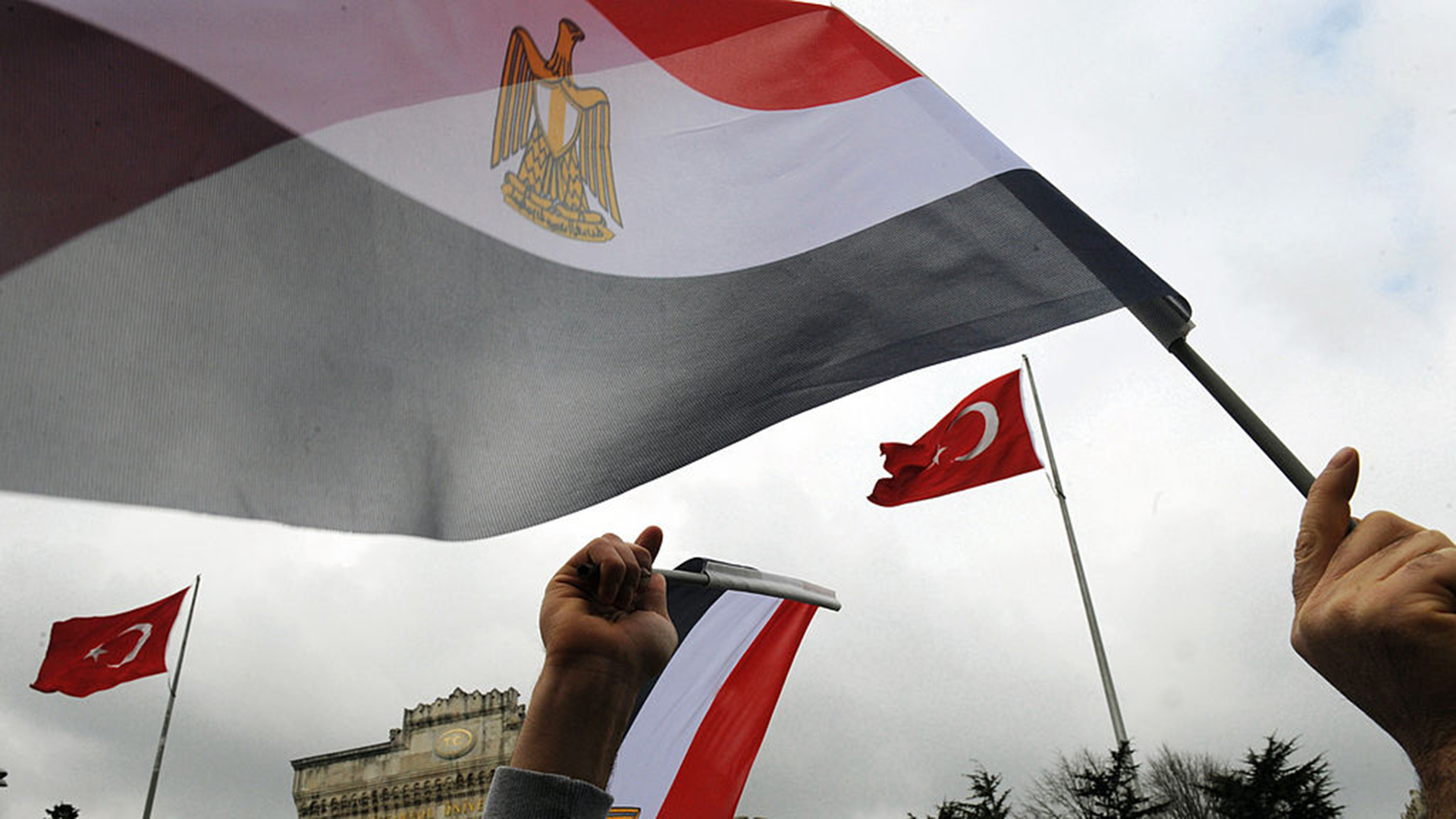
Cairo hosted Türkiye’s foreign minister on Aug. 9, in a visit timed to coincide with the centennial of formal diplomatic relations between the two countries. Meetings with Egyptian President Abdel Fattah el-Sissi, Foreign Minister Badr Abdelatty, and other senior officials underscored how rapidly Ankara and Cairo have moved from normalization to strategic coordination since restoring full ties.
The visit carried symbolic weight: it reflected not only a shared desire to deepen bilateral cooperation, but also a broader convergence on managing regional crises and projecting influence in overlapping spheres.

Both sides signaled their intent to lock in gains through formal mechanisms. The High-Level Strategic Cooperation Council, launched in Ankara in 2024, is now backed by a Joint Planning Group tasked with tracking progress.
Economic targets are ambitious. Trade, valued at $8.8 billion in 2024, is expected to reach $15 billion in the coming years. Turkish investment in Egypt’s industrial sector—seen as contributing to job creation and production—featured prominently in the talks, alongside possible joint work in defense manufacturing, transport corridors, and energy security.
The second track focused on regional flashpoints, especially Gaza. Discussions covered steps to end Israel’s occupation, guarantee uninterrupted humanitarian deliveries, and broker a durable cease-fire. Ankara publicly endorsed Egypt’s mediation efforts with Qatar and Washington.

Delegations met in the Mediterranean coastal city of El-Alamein, opposite Türkiye’s shores, a venue choice viewed as signaling shared stakes in Eastern Mediterranean stability. The agenda extended beyond Gaza to cover Libya, Sudan, Somalia, Syria, and Lebanon. Officials worked to narrow policy gaps, including strategies to counter Israeli settlement expansion and influence international opinion.
Egypt’s foreign minister described the relationship as having reached “a high level of strategic convergence,” also thanking Ankara for supporting Egypt’s nominee for UNESCO’s top post.
On July 8, Egypt formally rejected Greece’s maritime spatial planning map unveiled in April by Prime Minister Kyriakos Mitsotakis, delivering a diplomatic note to the Greek Embassy in Cairo. The note, disclosed by Greek media in early August, stated that certain designated maritime areas overlap with Egypt’s exclusive economic zone and continental shelf in the Mediterranean. Cairo stressed that any consequences arising from Athens’ plan would be “unacceptable,” while reiterating its willingness to consult with Greece to protect mutual interests.
The Greek Foreign Ministry downplayed the move as an “expected reaction” from a neighboring state with pending maritime boundary negotiations. Analysts in Ankara view Egypt’s stance as tacit support for Türkiye’s 2019 maritime delimitation agreement with Libya, further signaling alignment between Ankara and Cairo in Eastern Mediterranean geopolitics.
Military cooperation has emerged as a clear barometer of the rapprochement’s depth. Since 2023, Cairo has joined Türkiye’s KAAN fifth-generation fighter jet program as a co-producer, with joint projects also underway in drones, munitions, and unmanned ground vehicles.
A March 2025 deal between Türkiye’s Havelsan and Egypt’s Kadir will allow for domestic production of unmanned land systems with Turkish technical backing. The exercise calendar has expanded too: Egypt took part in the multinational Efes-2024 drills, joined Turkish special forces in April 2025, and participated for the first time as a full-status partner in the Anatolian Eagle air exercises in Konya this summer.

The contrast between regional dynamics in 2020 and 2025 is striking. Five years ago, Iran's proxy network operated at full strength, having demonstrated its capabilities with strikes on Saudi oil facilities. Iran was led by hardliner Ibrahim Raisi, while Israel was experiencing political instability that briefly yielded to a more moderate coalition government. Today, Iran's proxy network has been significantly weakened. Meanwhile, Israel has moved further rightward under Netanyahu's government, advocating for a more aggressive regional stance.
Gulf politics have also undergone recalibration, with Saudi Arabia extending overtures to former rivals, including Qatar. This recalibration has facilitated new alignments. Türkiye and Saudi Arabia, once briefly at odds, are now sharing roles in post-conflict Syria following the Assad regime’s collapse, Ankara holding sway on the ground, and Riyadh contributing politically and financially.
Now, Libya is poised to become the next testbed for a similar, albeit more complex, cooperative arrangement, but not as a copy-paste formula. Rather, Libya offers a new theater for applying a modified version of the Türkiye-Gulf coordination model tested in Syria, as Türkiye’s ability to maintain relations with both sides of Libya’s fragmented political landscape and its incorporation of Italy signal another black swan moment.
The Türkiye–Egypt relationship is moving beyond normalization into a structured, multi-domain partnership. With converging security agendas, expanding defense production, and growing trade targets, the two states are positioning themselves as pivotal actors in shaping Eastern Mediterranean alignments, and, increasingly, African and Arab regional diplomacy.